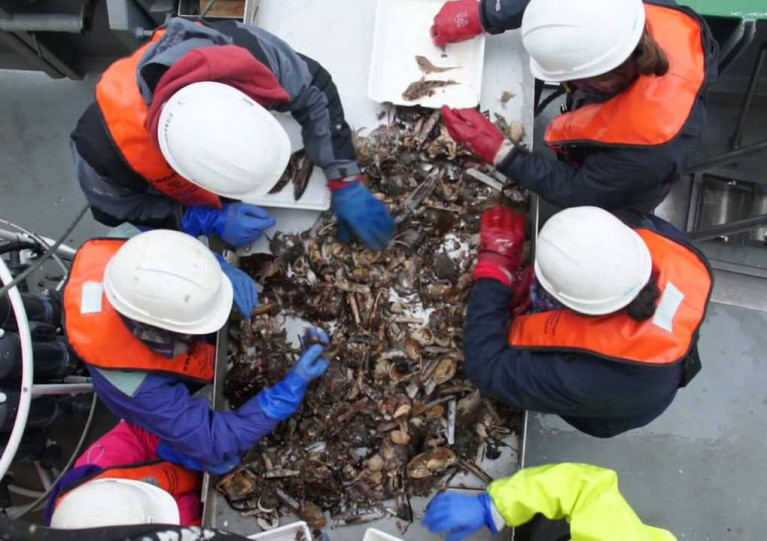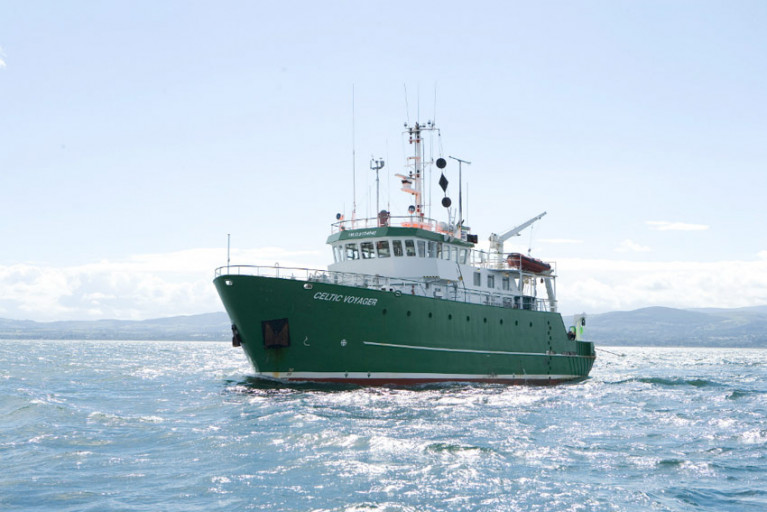Displaying items by tag: Bursaries
Up to 20 Bursaries Offered in Marine Institute & SMART Research Vessel Call for 2021
The call is now open for Marine Institute SMART Research Vessel Bursaries 2021 — but applicants must act fast, as the closing date for the first survey is this coming Tuesday 2 February.
This year up to 20 bursaries are being offered on dedicated FEAS surveys, where successful applicants for the Student at Sea Bursary (fixed at €95 per survey night) will be mentored by experienced marine scientists and research leaders as they develop core offshore data collection skills.
As with last year’s bursaries call, applicants should be marine-oriented graduates, postgraduates, researchers or practitioners in marine-oriented enterprises.
Surveys with bursaries include the second and third legs of the Irish Anglerfish and Megrim Survey (20 February-4 March and 10-24 April respectively), Western Edge Small Pelagics Acoustic Survey (9 June-20 July), Celtic Sea Herring Acoustic Survey (8-28 October) and Irish Groundfish Survey (29 October-14 December).
To read more about these opportunities, including how to apply please, see the SMART website HERE.
Open Call For 22 Marine Research Vessel Bursaries In 2020
The Marine Institute in collaboration with the Strategic Marine Alliance for Research and Training (SMART) is offering 22 bursaries on dedicated FEAS surveys throughout 2020 on the RV Celtic Explorer and RV Celtic Voyager.
Bursaries include groundfish, acoustic and underwater TV surveys (UWTV) on 13 survey legs between February and December of this year on the shelf waters of the Irish EEZ.
Successful applicants will receive a Student at Sea Bursary at a fixed rate of €95 per survey night.
Participants will receive hands-on training in data collection and sampling techniques, be fully integrated into the survey work programme and make an important contribution to achieving the survey goals for marine science.
In so doing they will gain valuable sea going experience and assist the Marine Institute in building the necessary capacity for offshore research and monitoring.
Applicants should be marine-oriented graduates, postgraduates, researchers or practitioners in marine-oriented enterprises. They must hold current ENG11 medical and Personal Survival Techniques (PST STCW95) certificates, and should have some prior sea-going experience.
Further information on the available bursaries can be found on the SMART website, which also has details of the online application process.































































